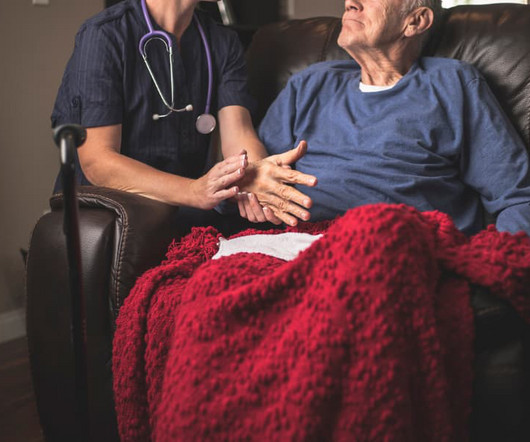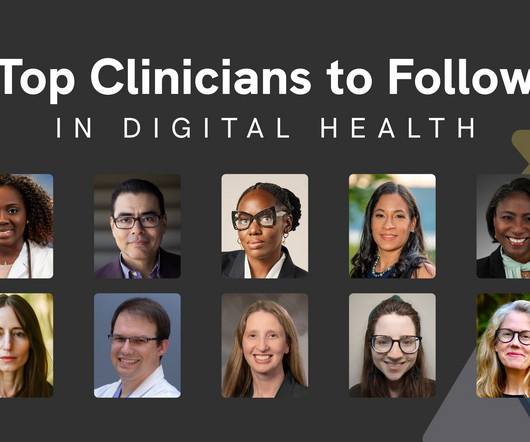Why Nursing Careers Are More Impactful Than Ever Before
We Care Online
MARCH 24, 2025
Nurses are taking on roles that require advanced expertise, from patient care to healthcare leadership. Nurses Are Expanding Their Roles in Healthcare The Cleveland Clinic notes that nurses play a crucial role in healthcare, caring for both children and adults. This approach improves patient satisfaction and health outcomes.

















Let's personalize your content